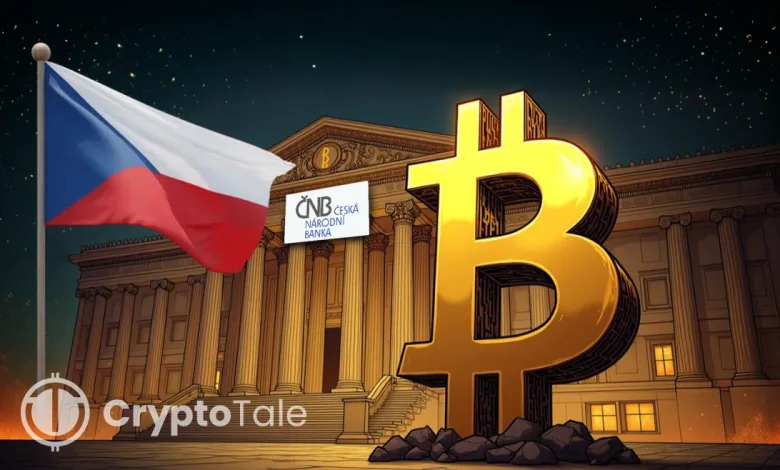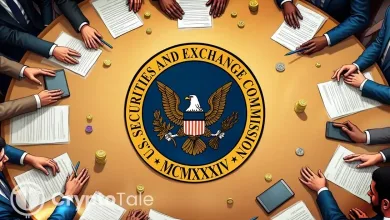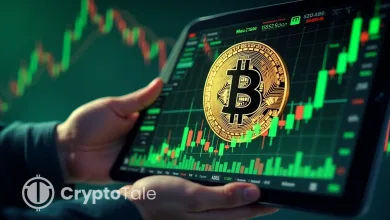Czech National Bank to Hold Bitcoin in Reserve Strategy

- The Czech Bank aims to add Bitcoin to its reserves as part of a diversification plan.
- Governor Aleš believes Bitcoin can increase returns despite its risks and volatility.
- Other countries are watching closely as Bitcoin tracts national reserve assets.
The Czech National Bank plans to buy billions of euros worth of Bitcoin to diversify its reserves, Governor Aleš Michl revealed in an interview with the Financial Times. This move coincides with President Donald Trump’s government push for a strategic BTC reserve. Michl submitted a detailed proposal to CNB outlining the benefits of investing in the token as a long-term asset.
Bitcoin’s Role in Central Bank Reserves
Michl highlighted CNB’s internal study, which showed that allocating 5% of its reserves to BTC over the past decade would have increased annual returns by 3.5 percentage points. However, the research also indicated that volatility would have doubled. “Even for the Bitcoin market, five percent [of our assets] is a lot of money,” Michl stated.
The governor emphasized the impact of large participation in Bitcoin-related financial products, such as exchange-traded funds. Large investments from central banks could influence Bitcoin’s market value. He acknowledged Bitcoin’s risks, including potential devaluation to zero, but recognized its growing appeal as a reserve asset.
Trump’s Influence and Global Shift Toward Bitcoin Reserves
Michl referenced Donald Trump’s recent executive order to build a U.S. digital asset stockpile. This policy shift has encouraged other nations and financial institutions to explore Bitcoin as a strategic asset. The Czech Republic may become the first Western central bank to officially hold Bitcoin, following El Salvador, which currently possesses 6,049 BTC valued at approximately $619 million.
Traditionally, central banks have relied on safe-haven assets like gold, U.S. Treasury bonds, and high-rated government securities. While some institutions allocate reserves to stocks, few have publicly invested in cryptocurrency. However, recent economic shifts and inflation concerns have challenged the perception that traditional assets are inherently stable.
Related: Arizona Senate Advances Bitcoin Reserve Investment Bill
A Pioneering Move Amid Skepticism
Governor Michl described himself as a financial innovator among central bankers, citing his experience running an investment fund. “Obviously, when compared to other bankers, I’m the pioneer or the one going into the jungle,” he remarked. “I would say that I am a typical investment banker because I used to run an investment fund, and I enjoy profitability.”
Despite his enthusiasm, critics remain cautious. Joachim Nagel, the governor of the Bundesbank, recently likened BTC to “digital tulips,” referencing the 17th-century speculative bubble that led to monetary collapse. The volatility of Bitcoin remains a major concern for central banks, which have historically favored stable assets.




